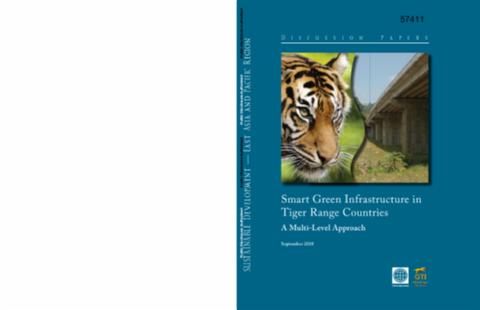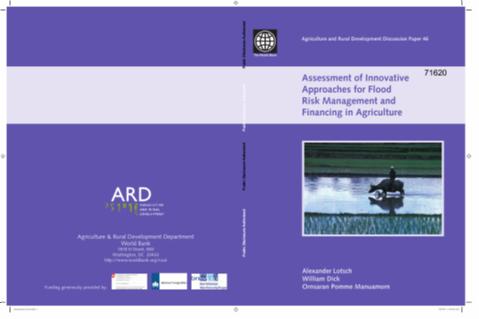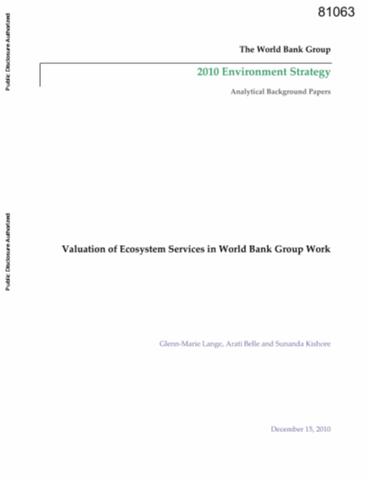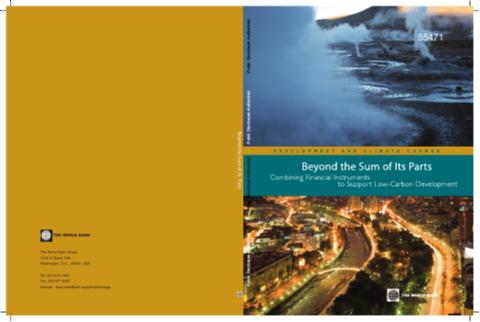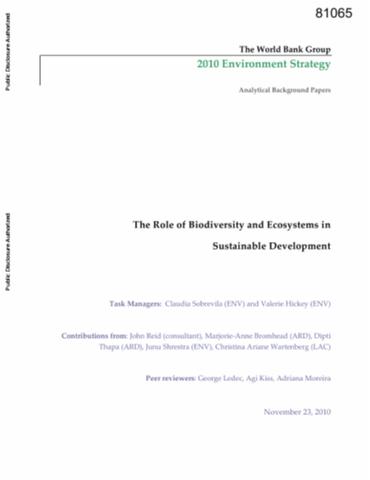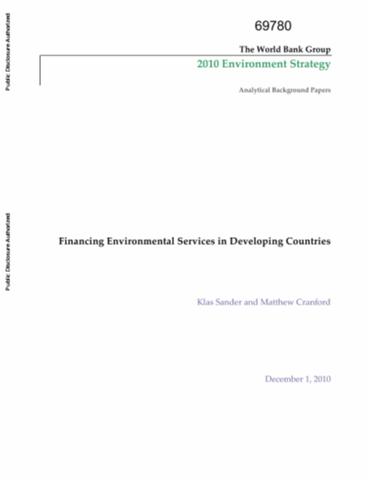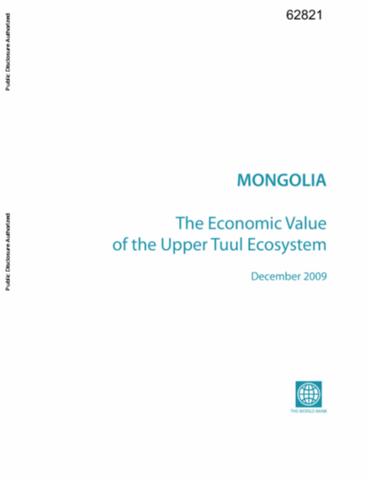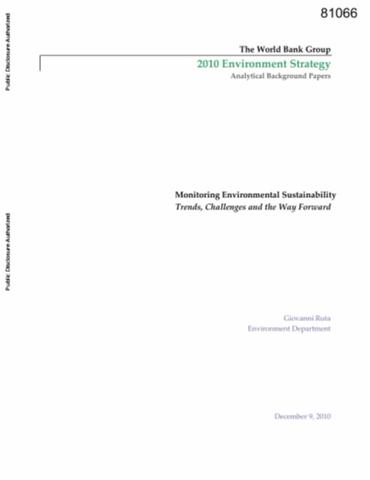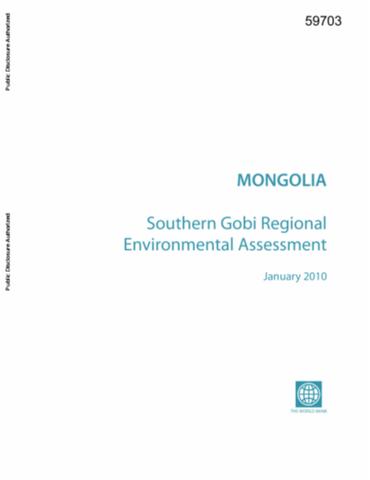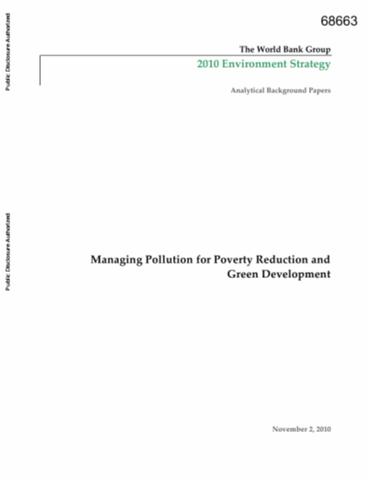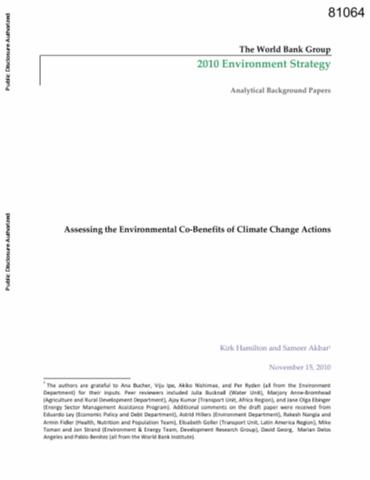Smart Green Infrastructure in Tiger Range Countries
This report presents the results of extensive work of the smart green infrastructure task force commissioned by the World Bank under the Global Tiger Initiative (GTI). The report benefited from advice, ideas, and information about tigers and tiger-friendly infrastructure development from staff at the World Bank, and from several institutions that promote tiger and biodiversity conservation throughout the world.

